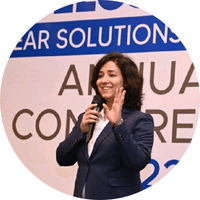As we age, our hearing naturally declines, making it difficult to engage in conversations, enjoy social gatherings, or even hear important sounds like alarms or doorbells. For elderly individuals, hearing loss can lead to isolation, frustration, and a decline in cognitive health. This is where personalized hearing aids play a crucial role. Unlike generic hearing aids, customized devices are tailored to an individual’s specific hearing loss, lifestyle, and preferences, offering a more comfortable and effective hearing solution.
1. Addressing Unique Hearing Loss Patterns
Hearing loss is not the same for everyone. Some elderly patients may struggle with high-frequency sounds, while others may experience difficulty hearing in noisy environments. Personalized hearing aids are designed to match the user’s specific hearing profile, ensuring that they receive the right level of amplification for different frequencies.
Advanced hearing tests help audiologists determine the degree and type of hearing loss.
Custom programming ensures that soft sounds are amplified while loud noises remain comfortable.
AI-driven technology adapts to the user’s environment for a natural hearing experience.
2. Enhancing Speech Clarity for Better Communication
One of the biggest challenges for elderly individuals with hearing loss is understanding speech, especially in crowded places or group conversations. Standard hearing aids amplify all sounds equally, but personalized hearing aids focus on speech enhancement while reducing background noise.
Directional microphones help focus on the person speaking.
Noise reduction technology minimizes unwanted sounds from traffic, chatter, or wind.
Own Voice Processing (OVP) ensures the user’s voice sounds natural, making conversations more comfortable.
3. Improving Comfort and Fit for Extended Wear
Comfort is a major factor in hearing aid adoption. Many elderly individuals avoid wearing hearing aids because they feel bulky, cause discomfort, or don’t fit well. Personalized hearing aids are custom-made to fit the ear canal shape and size, ensuring all-day comfort.
Custom-molded designs provide a snug fit for better sound quality.
Lightweight and ergonomic options reduce ear fatigue.
In-the-ear (ITE) and invisible-in-the-canal (IIC) models offer discreet solutions for those who prefer less visible hearing aids.
4. Adapting to Different Environments Seamlessly
Elderly individuals move through different listening environments throughout the day—whether it’s having a conversation at home, attending a social gathering, or walking in a park. Personalized hearing aids come with adaptive sound processing that adjusts settings automatically based on the surrounding noise levels.
Multiple listening modes ensure clear hearing in various settings.
Automatic environment detection optimizes the hearing aid’s performance in quiet or noisy areas.
Bluetooth connectivity allows seamless integration with TVs, smartphones, and other devices.
5. Supporting Cognitive Health and Emotional Well-Being
Hearing loss is linked to cognitive decline, depression, and social isolation in elderly patients. Studies show that untreated hearing loss can increase the risk of dementia. Personalized hearing aids help:
Reduce mental strain by making listening effortless.
Encourage social interaction, preventing isolation.
Boost self-confidence by enabling clear and comfortable conversations.
6. Personalized Hearing Aid Features for a Better Experience
Modern hearing aids come with smart features that can be customized for elderly users, including
Rechargeable batteries for hassle-free use.
AI-powered adjustments that learn the user’s preferences.
Tinnitus management programs to relieve ringing in the ears.
Conclusion: The Future of Hearing Care for Seniors
Personalized hearing devices are not just about amplification; they are about enhancing the quality of life, restoring confidence, and ensuring seamless communication. By investing in a customized hearing solution, elderly individuals can experience clearer speech, greater comfort, and an overall better hearing experience.
If you or a loved one is struggling with hearing loss, consider consulting an audiologist at Ear Solutions for a personalized hearing aid solution—because better hearing leads to a better life.

Prerna Singh
Audiologist, Ear Solutions
Prerna Singh is an Audiologist at Ear Solutions, focused on delivering compassionate, patient-centric hearing care. She works closely with individuals to understand their hearing concerns and guide them toward practical, technology-driven solutions that improve everyday communication and confidence.
At Ear Solutions, Prerna supports the organization’s long-standing mission of transforming lives through better hearing. She is committed to hearing awareness, accurate assessments, and continuous patient support-ensuring every individual receives the care they need to hear better and live better, in line with the vision of #AbSabSunenge.





